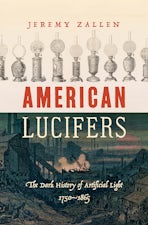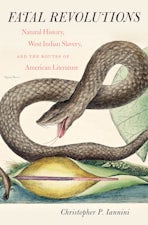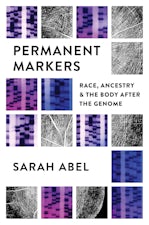Charles Darwin, the Copley Medal, and the Rise of Naturalism, 1861-1864
By Marsha Driscoll, Elizabeth E. Dunn, Dann Siems, B. Kamran Swanson
Approx. 176 pp., 8.5 x 11, 5 halftones, 2 tables, appends
-
Paperback ISBN: 978-1-4696-7077-5
Published: July 2022 -
E-book EPUB ISBN: 978-1-4696-7228-1
Published: July 2022 -
E-book PDF ISBN: 979-8-8908-6395-9
Published: July 2022
Reacting to the Past
Buy this Book
- Paperback $30.00
- E-Book $19.99
For Professors:
Free E-Exam Copies
This title is not eligible for UNC Press promotional pricing.
A significant component of the Darwin game is the tension between natural and teleological views of the world, manifested especially in reconsideration of the design argument, commonly known through William Paley's Natural Theology; or, Evidences of the Existence and Attributes of the Deity(1802) and updated by Wilberforce. But the scientific debate also percolated through a host of related issues: the meaning and purposes of inductive and hypothetical speculation in science; the professionalization of science; the implications of Darwinism for social reform, racial theories, and women's rights; and the evolving concept of causation in sciences and its implications for public policy. Because of the revolutionary potential of Darwin's ideas, the connections between science and nearly every other aspect of culture became increasingly evident. Scientific papers and laboratory demonstrations presented in Royal Society meetings during the game provide the backdrop for momentous conflict, conflict that continues to shape our perceptions of modern science.
About the Authors
Marsha Driscoll is professor emerita of psychology at Bemidji State University.
For more information about Marsha Driscoll, visit
the
Author
Page.
Elizabeth E. Dunn is professor of history and dean of the School of Liberal Arts and Business at SUNY Oneonta.
For more information about Elizabeth E. Dunn, visit
the
Author
Page.
Dann Siems was assistant professor of biology at Bemidji State University.
For more information about Dann Siems, visit
the
Author
Page.
B. Kamran Swanson is assistant professor of philosophy at Harold Washington College.
For more information about B. Kamran Swanson, visit
the
Author
Page.




